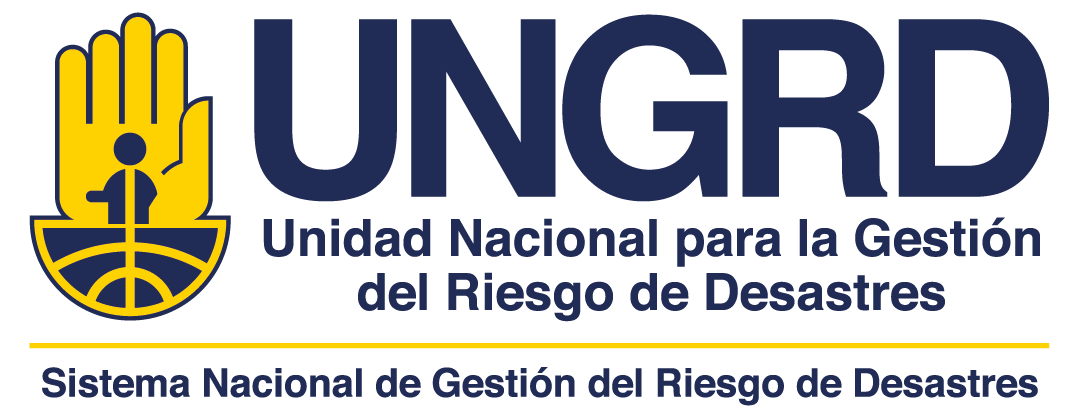Otros titulos
Case study of five countries
Fecha
2007Editorial
Interamerican Development Bank (IDB), United Nations
Idioma
en
Tipo de documento
Informe técnico
Palabras clave
Colecciones
- Informes [55]
Metadatos
Mostrar el registro completo del ítemInformation on disaster risk management
Resumen
There is a generalized opinion in Latin America and the Caribbean that a major obstacle to correct disaster risk management is the lack of information on risks and risk mitigation measures available to those in charge of making decisions throughout the various stages of the management process. In order to rectify this weakness, the Inter-American Development Bank (IDB) and the Economic Commission for Latin America and the Caribbean (ECLAC) have joined forces to conduct a project regarding an Information and Indicators Programme for Disaster Risk Management. The programme was geared toward determining what type of information regarding risk and the methodologies for analysing such data were needed by risk-management decision makers, those producing the information and the agencies that promote a quality approach to the management process. The project was based on case studies of five countries seen as being representative of the various sub-regions of Latin America and the Caribbean and that are exposed to different hazards-Colombia, Chile, Jamaica, Mexico and Nicaragua. The studies centred on evaluating a country s risk-management situation as well as the information available for such purposes. In order to establish a common basis from which to conduct the case studies we prepared a Basic Meth¬odological Document which defines the analytical framework for evaluating the quality, quantity and use of information needed for suitable risk management. In addition we prepared five Specific Methodologies for obtaining the necessary information and evaluation of management strategies.There is a generalized opinion in Latin America and the Caribbean that a major obstacle to correct disaster risk management is the lack of information on risks and risk mitigation measures available to those in charge of making decisions throughout the various stages of the management process. In order to rectify this weakness, the Inter-American Development Bank (IDB) and the Economic Commission for Latin America and the Caribbean (ECLAC) have joined forces to conduct a project regarding an Information and Indicators Programme for Disaster Risk Management. The programme was geared toward determining what type of information regarding risk and the methodologies for analysing such data were needed by risk-management decision makers, those producing the information and the agencies that promote a quality approach to the management process. The project was based on case studies of five countries seen as being representative of the various sub-regions of Latin America and the Caribbean and that are exposed to different hazards-Colombia, Chile, Jamaica, Mexico and Nicaragua. The studies centred on evaluating a country s risk-management situation as well as the information available for such purposes. In order to establish a common basis from which to conduct the case studies we prepared a Basic Meth¬odological Document which defines the analytical framework for evaluating the quality, quantity and use of information needed for suitable risk management. In addition we prepared five Specific Methodologies for obtaining the necessary information and evaluation of management strategies.There is a generalized opinion in Latin America and the Caribbean that a major obstacle to correct disaster risk management is the lack of information on risks and risk mitigation measures available to those in charge of making decisions throughout the various stages of the management process. In order to rectify this weakness, the Inter-American Development Bank (IDB) and the Economic Commission for Latin America and the Caribbean (ECLAC) have joined forces to conduct a project regarding an Information and Indicators Programme for Disaster Risk Management. The programme was geared toward determining what type of information regarding risk and the methodologies for analysing such data were needed by risk-management decision makers, those producing the information and the agencies that promote a quality approach to the management process. The project was based on case studies of five countries seen as being representative of the various sub-regions of Latin America and the Caribbean and that are exposed to different hazards-Colombia, Chile, Jamaica, Mexico and Nicaragua. The studies centred on evaluating a country s risk-management situation as well as the information available for such purposes. In order to establish a common basis from which to conduct the case studies we prepared a Basic Meth¬odological Document which defines the analytical framework for evaluating the quality, quantity and use of information needed for suitable risk management. In addition we prepared five Specific Methodologies for obtaining the necessary information and evaluation of management strategies.



